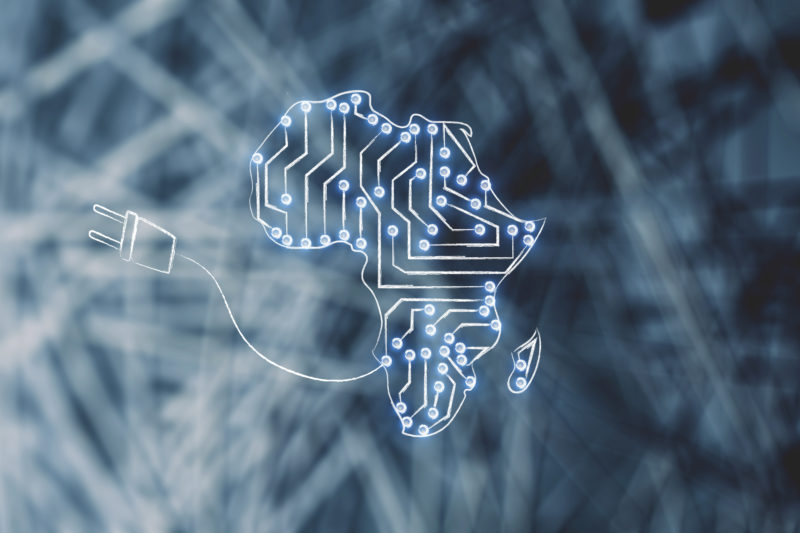Only 32% of Africa’s population is connected to the Internet. In comparison to the world total of 52%, this is rather small. However, Africa grew 8500% in penetration which shows some promise. The problem with getting universal connectivity in Africa is infrastructure. Copper and GSM networks still largely control connectivity in Africa. Delayed fibre installations and introductions of 3G and 4G networks also contribute to this. Prioritisation of government spending in African countries has caused ICT spend to drop down the list.
Government’s in these countries need to add expanding telecommunications to their goals in order to achieve universal connectivity. Once a network is established in an area, it drives job creation and therefore boosts the economy. If this is not driven exponentially, Africa runs the risk of falling behind the rest of the world. If you look at Europe, Asia, and North America, telecommunications largely impacts the growth of SME’s.
Smart city solutions that enable people are largely impacted. Look at e-learning, for example, many children in rural areas can be educated via e-learning solutions but the infrastructure needs to be there.
However, despite the constraints, we are seeing positive trends in the growth of telecommunications in Africa. Some providers have made strategic partnerships with governments in African countries. Project Isizwe, for example, is expanding Public Wi-Fi in South Africa’s major metropolitans. Nokia has been selected as the strategic infrastructure provider to roll out a smart city in partnership with the Government of Rwanda. As part of the project rollout, the Government of Rwanda will invest in network connectivity and sensor deployment in different applications, which will serve the local citizens in public safety, waste management, utility applications and healthcare to name a few.
There is an inherent need for governments to make it their mandate to provide connectivity to their people. A World Bank / IFC report by says for every 10 percentage-point increase in high-speed Internet connections there is an increase in the economic growth of 1.3 percentage points.
If we connect Africa we connect them to the world, can you imagine the possibilities?


